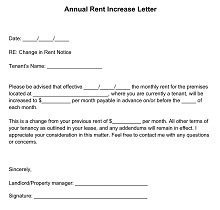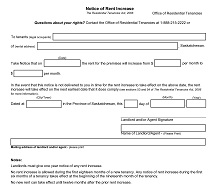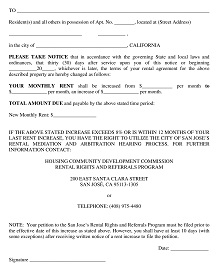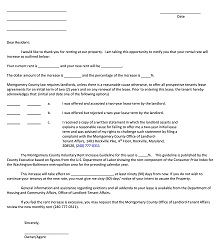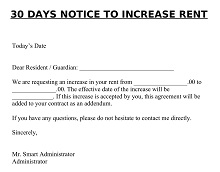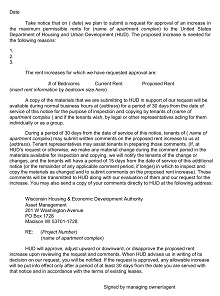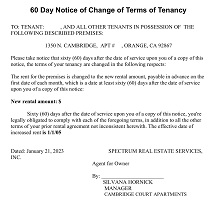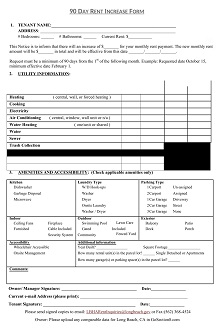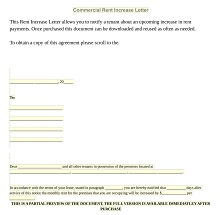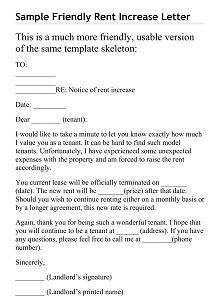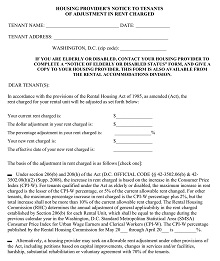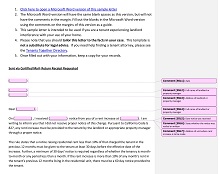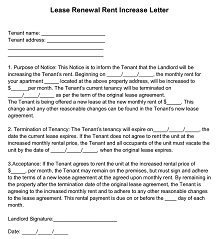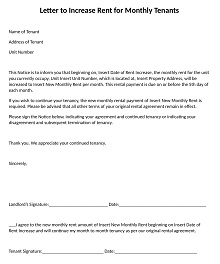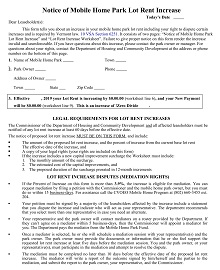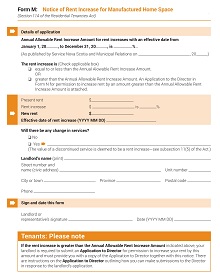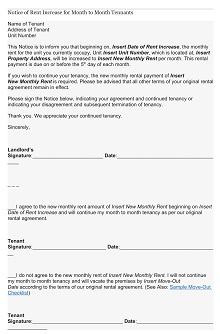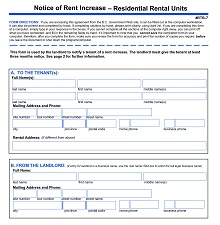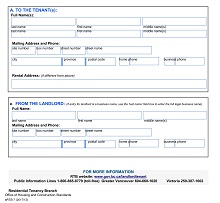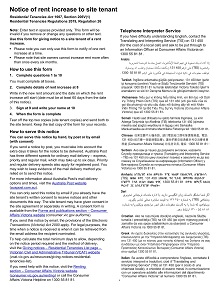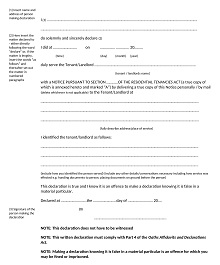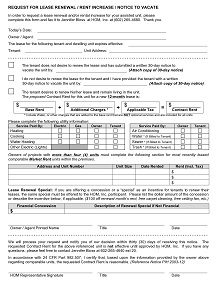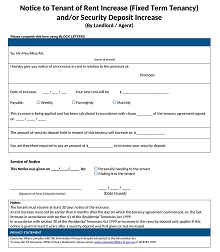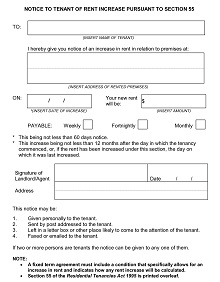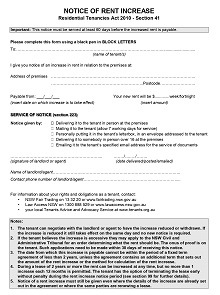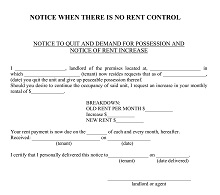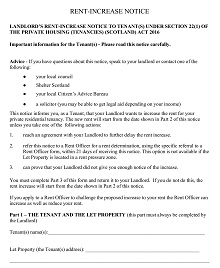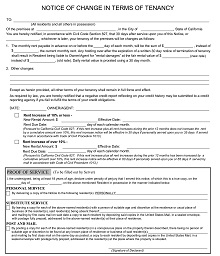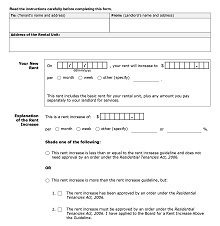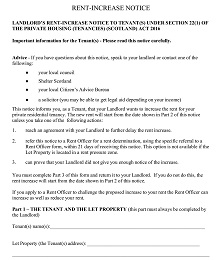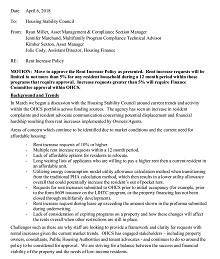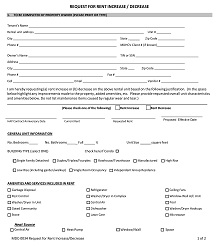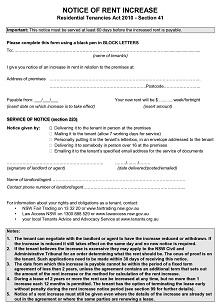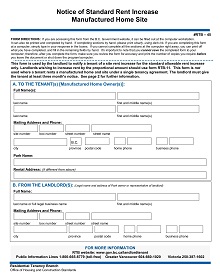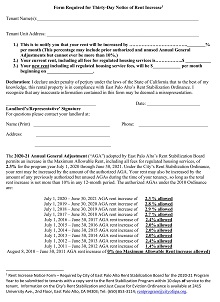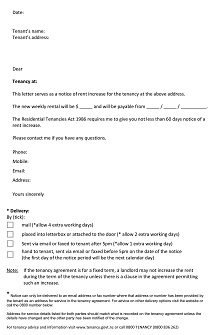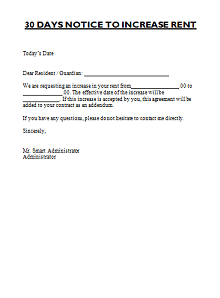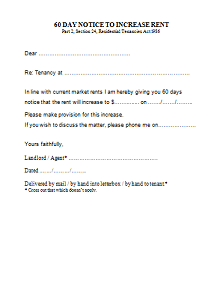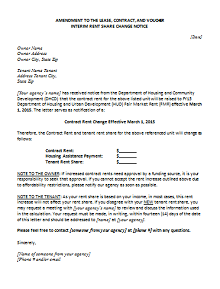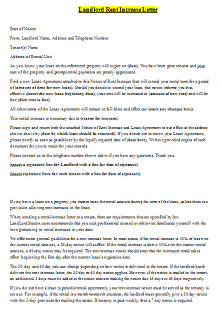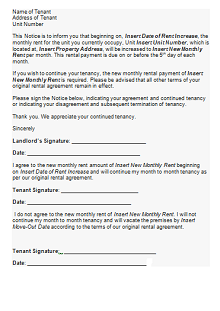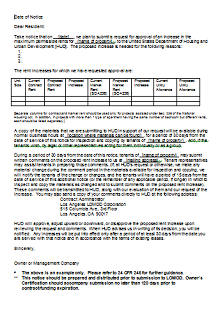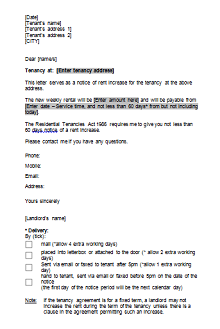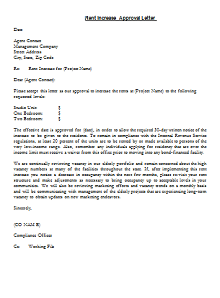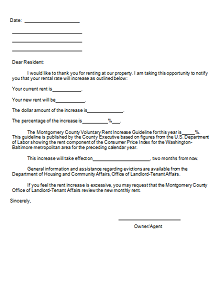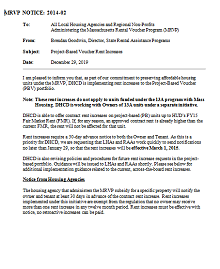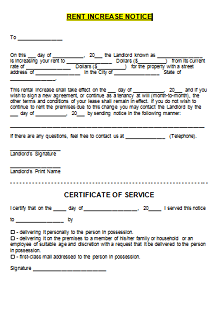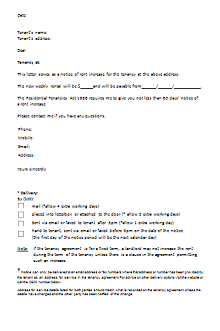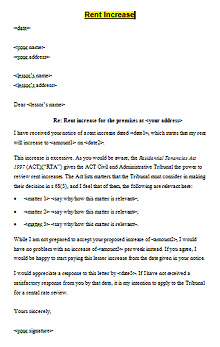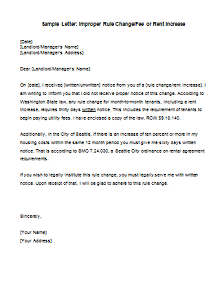50+ Rent Increase Letter Templates (Free PDF Sample)
Writing a rent increase letter to tenants may be a necessary step for many landlords and property owners. Fortunately, there are a number of templates available that make this job easier. These rent increase letter templates typically include an introductory paragraph setting out the purpose of the letter, as well as possible reasons for the rent increase, such as inflation or rising maintenance costs.
The body of the letter provides details regarding the amount of the rent increase when it will take effect and other relevant laws or regulations applicable to the situation. Additionally, useful tips can be included in the template to help ensure landlord-tenant communication remains positive throughout the process. Utilizing these free rent increase letter template samples can give landlords and property owners greater confidence when delivering such news to their tenants.
- Accounting Templates
- Art & Media
- Budget Templates
- Business Templates
- Calendar Templates
- Certificates
- Charts
- Education Templates
- Inventory Templates
- Invoice Templates
- Letter Templates
- Medical Templates
- Personal Templates
- Project Plan Templates
- Timesheet Templates
Download Free Rent Increase Letter Templates
What Is a Rent Increase Letter?
A rent increase letter is a document that a landlord sends to tenants to inform them of an upcoming rent increase at their rental unit. A lease agreement is typically involved, as the tenant has already signed off on a stated amount for their rental payments until the terms of the lease agreement expire.
The purpose of the letter is to ensure that the tenant is aware of any potential changes to those terms before they come into effect, which helps landlords and tenants alike plan accordingly. Tenants need to understand that while they should be informed and consulted when it comes to rent increases, it’s not always possible for them to veto the decision of their landlord.
What Items Should Be Included in a Rent Increase Letter?
When writing a rent increase letter, several items should be included. The first item is an explanation of why the rent is increasing. This could include reasons such as improvements made to the property or changes in local market conditions. It could also include any relevant laws or regulations that necessitate an increase in rent.
The second item that should be included in the rent increase letter is an estimated timeline for when the new rate will take effect. It’s important to give your tenants plenty of notice before any changes go into effect so that they can plan accordingly.
Finally, it’s important to clearly state the amount due and when it needs to be paid. This includes both the total amount due and any applicable late fees if payment isn’t received by an agreed-upon date. Any additional information regarding payment methods or other details should also be included in this section.
When Should You Send Out the Notice?
The best time to write and send out a rent increase notice Letter is typically between three and six months before the current tenant’s lease ends or before the start of their new lease. This gives your tenant enough time to review the new terms of their lease and make any necessary arrangements if they decide not to renew their lease agreement.
Your state may have specific laws governing when you can raise the rent, so make sure to check with an attorney or local housing authority if you are unsure about the regulations in your area. It’s also important to remember that tenants cannot be asked for additional payment until their current lease has expired, any attempts to do so could result in legal action being taken against you as the landlord. If your tenant is still within their current lease term, it’s best not to discuss any changes until after their current lease expires.
Benefits of Sending a Rent Increase Letter
There are several benefits associated with sending tenants a rent increase letter, both for landlords and tenants alike. For landlords, one of the biggest benefits is that it provides them with evidence that they have informed their tenants about upcoming changes in advance if any disputes arise later on. Additionally, it can help foster better communication between landlords and tenants since it provides clear documentation of all relevant information regarding rent increases.
For tenants, having written notice of impending changes allows them to plan ahead financially and decide whether they wish to accept or decline the new terms presented by their landlord. It also allows them to ask questions about any potential changes before signing a new lease agreement or renewing their current one. Finally, it serves as proof that they were informed about upcoming changes should there be any questions later on.
Writing an Effective Rent Increase Letter
Rent increases can be a difficult conversation to have, but they are often necessary for landlords. If you are looking to increase the rent for your tenants, it is important to know how to do it correctly. To make sure that your communication with your tenant is clear and professional, here are some tips for writing a rent increase letter.
Be Clear & Concise
When communicating with tenants, clarity is key. Make sure the reason for the rent increase is clearly stated in the letter and provide any additional details that may be relevant. Additionally, it’s important to include when the new rate will go into effect so that there’s no confusion or misunderstanding down the line. It’s also helpful to cite any applicable laws that require you to raise the rent as well as any state or local regulations regarding rental agreements.
Put it in Writing
In most cases, landlords should always send a written notice when increasing rent. This way, there is no confusion about when the rent will increase or how much it will be going up. All of this information should be included in the letter itself so there’s no room for misinterpretation or disagreement. Additionally, sending a written notice allows both parties to keep a record of their agreement which could prove helpful if disagreements arise later on down the road.
Be Friendly & Professional
It’s important to remember that even though you are legally obligated to increase rent in certain situations, this can still be an uncomfortable conversation for both parties involved, so try to remain friendly and professional throughout.
Be sure to thank your tenant for their cooperation while also letting them know what steps they need to take next (i.e., paying their new rent amount). Additionally, let them know if they have any questions or concerns they can contact you directly via phone or email and provide them with your contact information so they know who to reach out to if needed.

